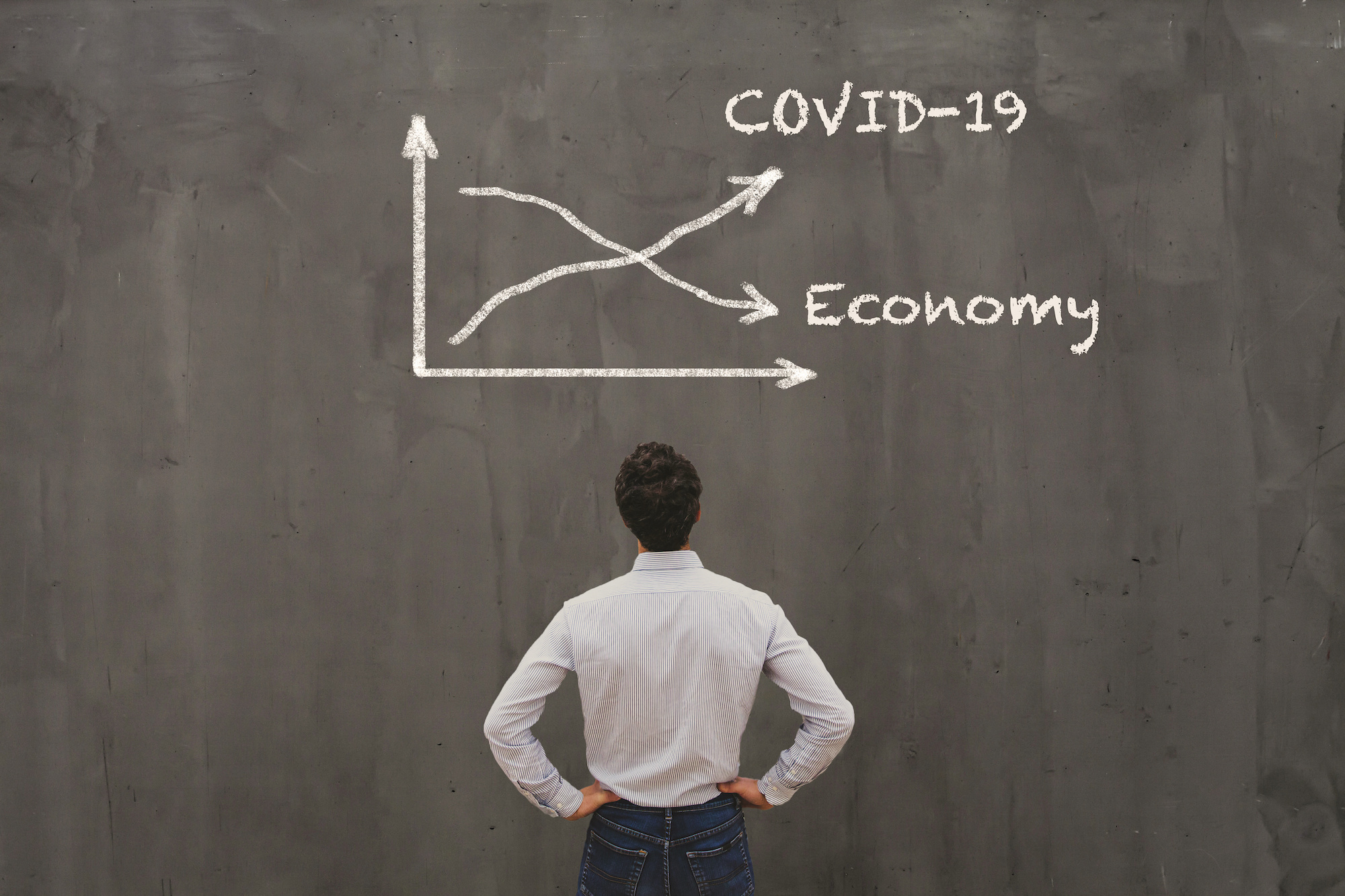How a bad economy and unemployment affects alcohol addiction

Every time the economy takes a hit, people turn to alcohol to take the repercussions in stride. And it’s because a poor economy usually leads to a drastic loss of jobs, assets, savings, and source of livelihood for many. In fact, individual unemployment is a risk factor for alcohol misuse.
Office workers may not be the happiest all the time but they surely dodge the risk of falling prey to consuming excessive alcohol.
A recent study has concluded that people who are employed and have job security aren’t usually heavy drinkers. While they do consume alcohol, their level of consumption is much lower than those individuals who are unemployed.
For instance, between 2006 and 2012, job loss among middle-aged individuals during the downturn of the economy, and the recession was positively associated with becoming a hazardous drinker.
And that isn’t limited to middle-aged individuals. Unemployed teenagers are also at risk of alcohol addiction. The employment rate among young adults is quite high. With student loan debts at an all-time high, young adults and adolescents are left with alcohol to deal with their frustration and stress.
Safe to say, recessions in the economy and unemployment do affect alcohol addiction among all age groups. But for the sake of this discussion, let’s take an in-depth look at how and why employment opportunities influence alcoholism.
The relation between addiction and employment
Countless studies have shown that unemployment can lead to excessive consumption of alcohol, eventually leading to addiction. The frustration of being out of work or not having a stable source of income can force people to become heavy drinkers as an escape.
On the other hand, addiction can leave you feeling unproductive, which can significantly affect your job performance. If you’re constantly consumed by the thought of drinking, you might also find it difficult to focus on the most basic tasks. Naturally, this can lead to unemployment.
If anything, it’s a paradoxical situation. Alcohol addiction and unemployment are interlinked and a difficult economy are enough reasons to add insult to injury.
Factors that lead to alcohol addiction
Alcohol addiction doesn’t happen suddenly. There are various triggers that cause adolescents to drink excessively. Besides giving in to peer pressure and drinking to forget, here’s are a few more factors that can lead to alcohol addiction.
1. Length of the unemployment
Probably the most important but overlooked factor in nearly every substance abuse survey is the length of the participant’s unemployment. The question – “how long have you been unemployed?” has led to a groundbreaking discovery for the treatment of addiction.
While it’s true that any type of unemployment can lead to alcohol addiction, two studies have found a correlation between heavy drinking and the duration of unemployment.
A study found that people who have been unemployed since before the recession and have been looking for a job for less than a year struggled with alcohol addiction more than the other groups. Similarly, another study concluded that people who have been unemployed across a span of 13 years were significantly heavy drinkers.
2. Lower educational qualifications
An economic crisis generally means fewer jobs for the population. And more often than not, the ratio of people-to-jobs is, to put it mildly, awful.
So, the less educated people usually have to compete with those with better qualifications and higher-level degrees. This not only increases the competition but also reduces the number of fair opportunities available for people with lower educational qualifications.
Consequently, it puts both men and women at risk of alcohol addiction and binge drinking more than once a week.
3. Emotional influences
Our society isn’t the most forgiving one. One slip is enough to kick anybody on a downward spiral. So, while you’re dealing with major financial losses, you might also have to deal with emotional triggers.
Shame caused due to job loss and emotional traumas such as loss of family or loved ones during the economic recessions can lead people to alcohol consumption. The current pandemic saw an increase in alcohol use, which could also be due to the personal loss of a loved one for many people.
4. Psychological influences
A worldwide pandemic is a perfect opportunity for your mental health to decline over time. Experiencing psychological downsides during downturns in the economy isn’t anything unheard of. It has happened before and 2020 is no stranger to that.
Close to 80% of Australians reported experiencing mental health disorders while the figure is 41% in the United Kingdom. In Japan, COVID-19 cases are no more than 2000 while the suicide rates stand at 13,000 – an alarming gap.
Mental strain and financial pressure have gotten to everyone and people are turning to alcohol as a coping mechanism.
How to get help with addiction when unemployed
The NIDA has been extremely clear about making treatment readily available the moment you’re ready to get help. But when money is an object, and a big one at that, it can be difficult to seek medical attention.
Fortunately, there are quite a few alternatives for people who are willing to get clean. Generally, insurance providers take care of the partial cost of the treatment. But if you don’t have that, you can also apply for scholarships or private sponsors.
Additionally, AARC also offers to help you with getting healthier. Each year, we raise more than $2 million with the help of our donors to make treatment affordable for you. Through conscious efforts, we subsidize addiction treatment for the majority of our clients.
If you or anyone you know needs help with alcohol addiction, get in touch with our team to understand your options and accelerate your treatment process.




